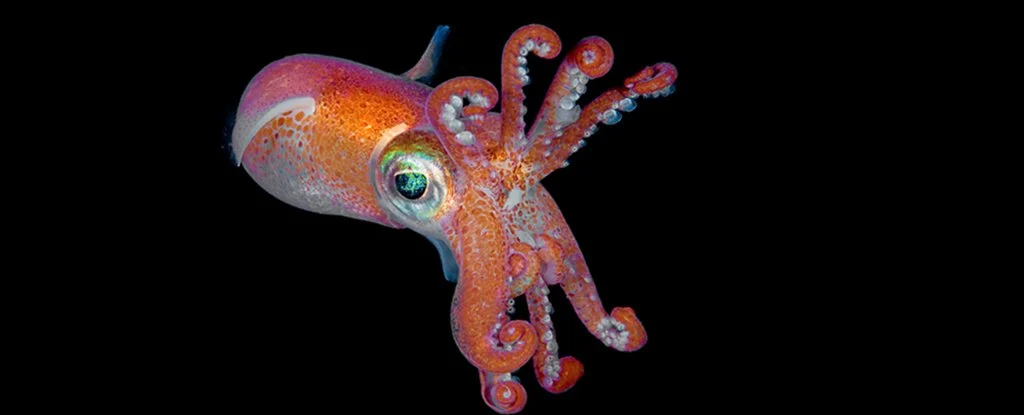

This fact might be used to rationalize putting octopuses in the same position. Of course, we already farm other animals considered intelligent, like pigs. “They would not have signed on to wild-capture fisheries.” For those that were against farming, the convincing factor was, as Jacquet puts it, “that element of subjecting what appears to higher-order consciousness a life of captivity for an indefinite number of years.” “Some people wanted to sign our letter because we were about farmed octopus,” Jacquet says. For some, octopus fishing - catching the individuals in the wild - is ethically fine, as the animals live a normal life prior to capture.

The prospect of low-quality, lifelong living conditions are part of why some ecologists signed onto a letter against octopus farming that garnered over 100 co-signers and ran in the journal Animal Sentience.

Raising these creatures in confined settings that might deprive them of the wider environments they like to explore is a step too far, Jacquet says. The eight-legged mollusks solve puzzles and escape complicated enclosures, and might even turn shells, rocks and other bits of their environment into tools. Octopuses (yes, that is the correct plural of the noun) are smart. Instead, some argue, the ethical considerations of raising these highly-intelligent animals in captivity should take priority over developing niche markets. Read more: The Wild, Wonderful World of Octopuses “It will mean only that affluent consumers will pay more for increasingly scarce, wild octopus.” Without these mollusks raised in captivity, “it does not mean that food security will be undermined,” they write in one of their public letters on the topic. That status means octopus probably doesn’t have to be available at record-high levels through farming, Jacquet and her colleagues point out. Octopus is mostly a delicacy - it’s not typically an ingredient that food-insecure communities rely on. Some scientists speculate that global octopus populations are booming, but specific wild populations in spots around the world are at risk of collapse from over-harvesting.įor those against octopus farming, the need to meet demand isn’t a good enough reason to make these ventures a reality. Farmed octopus, some argue, could alleviate pressures on wild populations, which are single-handedly meeting market demands. If reported harvesting levels are accurate - and in some cases, they likely underestimate actual fishing levels - the amount of octopus pulled from the oceans almost doubled between 19. The desire to make this kind of aquaculture work has intensified recently, in part because appetites for octopus have grown. “Our goal was to create that dialogue before becomes embedded in our society,” she says. Speaking up about these concerns before octopus farming becomes a reality was part of the point, says Jennifer Jacquet, an interdisciplinary scientist at New York University. In 2019, a handful of scientists started to raise questions about the ethical and ecological issues that might come from farming these remarkably intelligent animals. Today, there are still no functional octopus farms raising the sea creatures from hatchlings in operation - and that’s how some researchers argue things should stay. The closest researchers have gotten is catching wild octopus for a few months of captive rearing before harvest. From trying to raise hatchlings themselves to storing the wild invertebrates in submerged cages, scientists have tried a range of techniques to cultivate watery fields with on-demand access to the elusive creatures.

Some researchers have wanted to commercially farm octopus for decades.


 0 kommentar(er)
0 kommentar(er)
